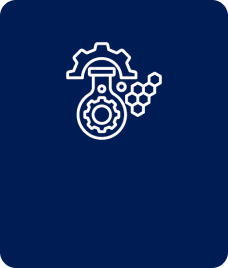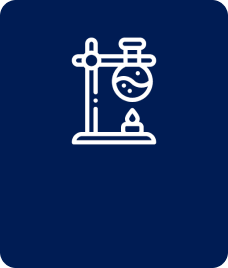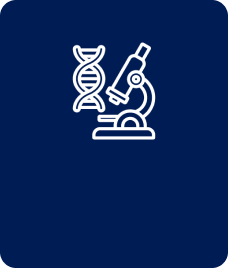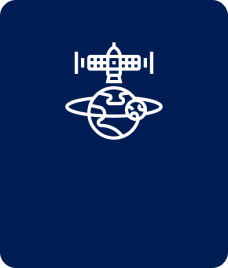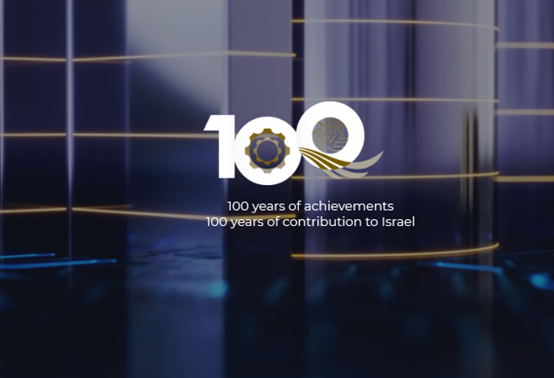
חדשות
לכל הכתבות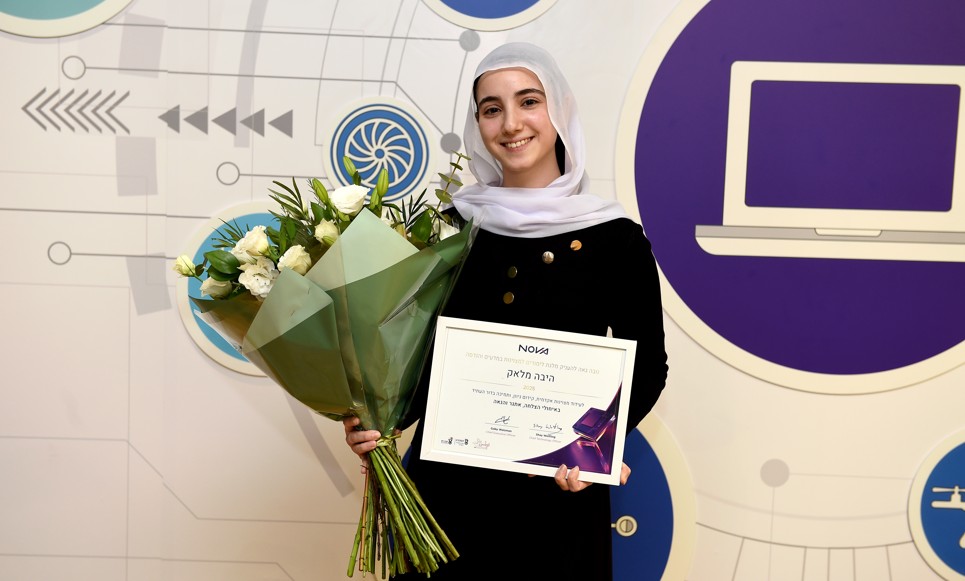
"אמרתי לאבא שהטכניון הוא המקום שלי"
לכבוד היום הבין-לאומי לנשים ולנערות במדע: הכירו את היבא מלאק, מצטיינת דיקן בפקולטה למדעי המחשב ע"ש הנרי ומרילין טאוב

גלי חום? גלי קור!
טכנולוגיה חדשנית שפיתח ד"ר עפר ברמן מהטכניון עם חוקרים מקורנל-טק מציגה קירור אוויר פסיבי – ללא חשמל וללא זיהום
אירועים
לכל האירועים
אהבה מחשמלת | אירוע זוגות בטכניון
11.02.2026 רביעי, בשעה 16:30
הוספה ליומן

מפגש חשיפה של הטכניון בסינמה סיטי גלילות
12.02.2026 חמישי, בשעה 16:00
הוספה ליומן

טכניון על הבר - כשפסולת פוגשת מיחזור
17.02.2026 שלישי, בשעה 20:00
הוספה ליומן

כנס LadyTech12
23.02.2026 שני, בשעה 18:00
הוספה ליומן

כנס תכנון ובניה - חיפה והצפון 2026
24.02.2026 שלישי, בשעה 08:30
הוספה ליומן

הכנס הישראלי השני לפילוסופיה של בינה מלאכותית
04.03.2026 רביעי, בשעה 09:30
הוספה ליומן

תערוכת "מראות מקום"
30.11.2025 ראשון, בשעה 09:00
הוספה ליומן

תערוכת הצילום "טבע בקמפוס"
16.07.2025 רביעי, בשעה 09:00
הוספה ליומן
100000
בוגרים
18
פקולטות
15000
סטודנטים
60
מרכזי מחקר
ברחבי הקמפוס



